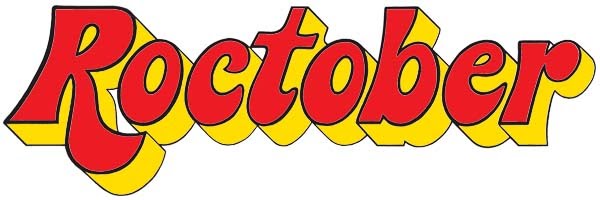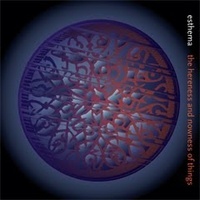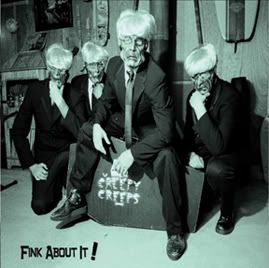
Considering its legacy of WLS, WVON, Amos 'n' Andy, National Barn Dance, the Disco Demolition promotion, Paul Harvey, and countless other institutions, Chicago may be the most fascinating radio town in America. But though there have been a few decent books about our broadcast history, memoirs from Chi-Town's iconic deejays have been profoundly disappointing. Both Art Roberts' and Pervis Spann's books were self-published fluff, Spann's mostly a collection of R&B promo photos that weren't even from his collection. Clark Weber's book was also mostly photos, not to mention that he was far from the most fascinating figure found on the dial. Probably the closest to greatness was Herb Kent's recent autobiography, which suffers a little from both Kent's radio jive instincts (he includes soul music trivia as chapter bumpers) and survival instinct (still active in a cutthroat industry, he knows better than to tell too many truths). Kent is best, however, when he tells of the depths to which he sunk when he was briefly off the air, revealing an honest portrait of a hardcore record jockey who needs radio to survive. Yet other than some racy groupie stories, Kent revealed little about how black radio in Chicago operated in its glory days. Incredibly, Richard Stamz, who only spent seven years on the air, and devotes less than half of his thin memoir to those days, gives more valuable, insightful information than perhaps anything I've read about the subject prior to the fascinating book. Roberts collected Stamz' stories when the Crown Prince of Soul was pushing, and surpassing, the century mark, but amazingly his recollections were clear, his anecdotes were insightful, and the portraits he paints of Chicago radio legends, some rarely heralded (Al Benson), some too-often sanitized (Leonard Chess) are vivid. The format here is perfect: Stamz' stories are revealed in conversational, oral history style, the details always confirming Stamz' lucidity and analytical powers, but the bluster and drama sometimes revealing a storyteller's creative flourishes. However, each chapter is prefaced by Roberts' intensely researched introductions, occasionally gently challenging some of Stamz' chronologies or facts, but more often buttressing his co-authors claims with evidence from numerous sources and archives, including Stamz' voluminous papers, which the south sider's daughter made available after Stamz' 2007 death at age 101. The first half of the book presents amazing pictures of both an unusually driven man (working countless jobs and hustles from near birth) and the black urban experience in America in the 20th Century. From his childhood memories of Beale Street in Memphis (including the aftermath of a lynching that haunted him for nearly a century), to his experience in the Great Migration to the North, to his days in a blackface minstrel show, to his breakthrough hustle -- selling visual and audio ad space on a painted truck with a mounted loudspeaker -- the book is riviting. But when he gets into radio (as a result of spinning records on his sound truck) the book becomes invaluable. His description of the way deejays sold ads at WGES, the intricacies of so-called payola, and his theories of how to illicit response from black audiences are brilliantly conveyed. Despite coming from an academic press, the book is inexpensive, accessible, and brisk, the main text running a little more than 100 pages. But the appendix sections prove as exciting as the memoir: a transcription of a radio show not only gives the sense of patter and rhythm that is often missing from these books (though Weber's included an airshot CD), but also shows how nearly every word he said was a paid advertisement. Deejays were unsalaried at his station, all their income coming from sponsorships, and to hear (figuratively) him maintain a natural, soulful flow while pimping laxative gum, beer and a weird wine called Purple Cow is fascinating. Also included is a transcription of his short-lived TV show, in which he does a straight forward interview, revealing the kind of journalism Stamz would have been capable of if racial barriers had offered him more opportunities. Recomended for any fan of Chicago history, Chicago radio, great storytelling, R&B music, or distinct personalities. You owe it to yourselves to to open the door to Richard and take a handfull of his soul pills.
















































